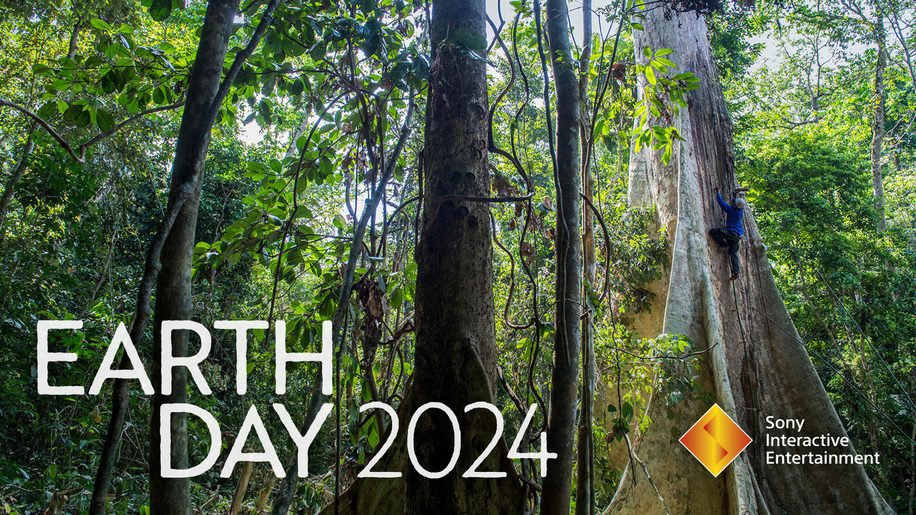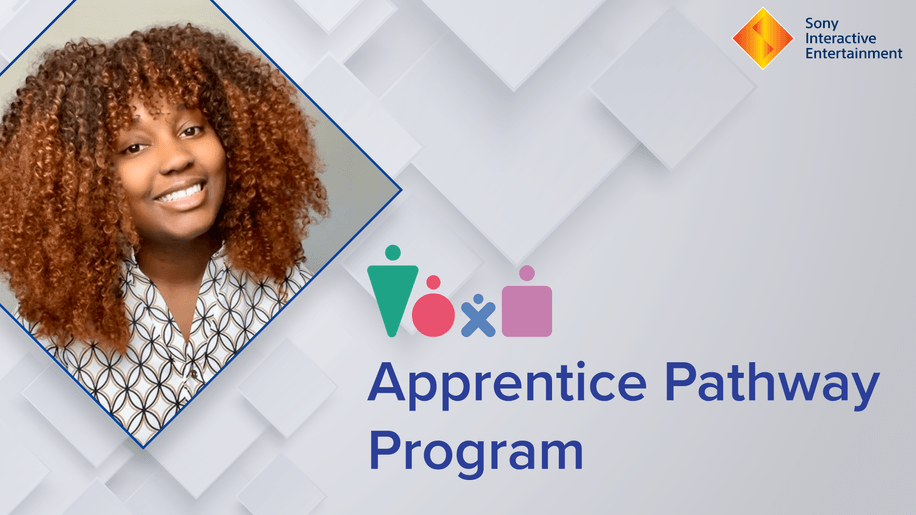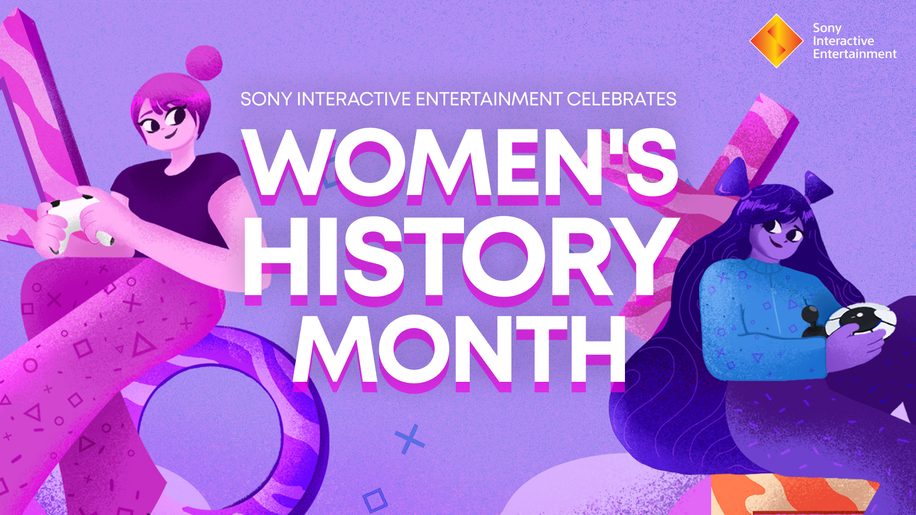New York Videogame Critics Circle and SIE
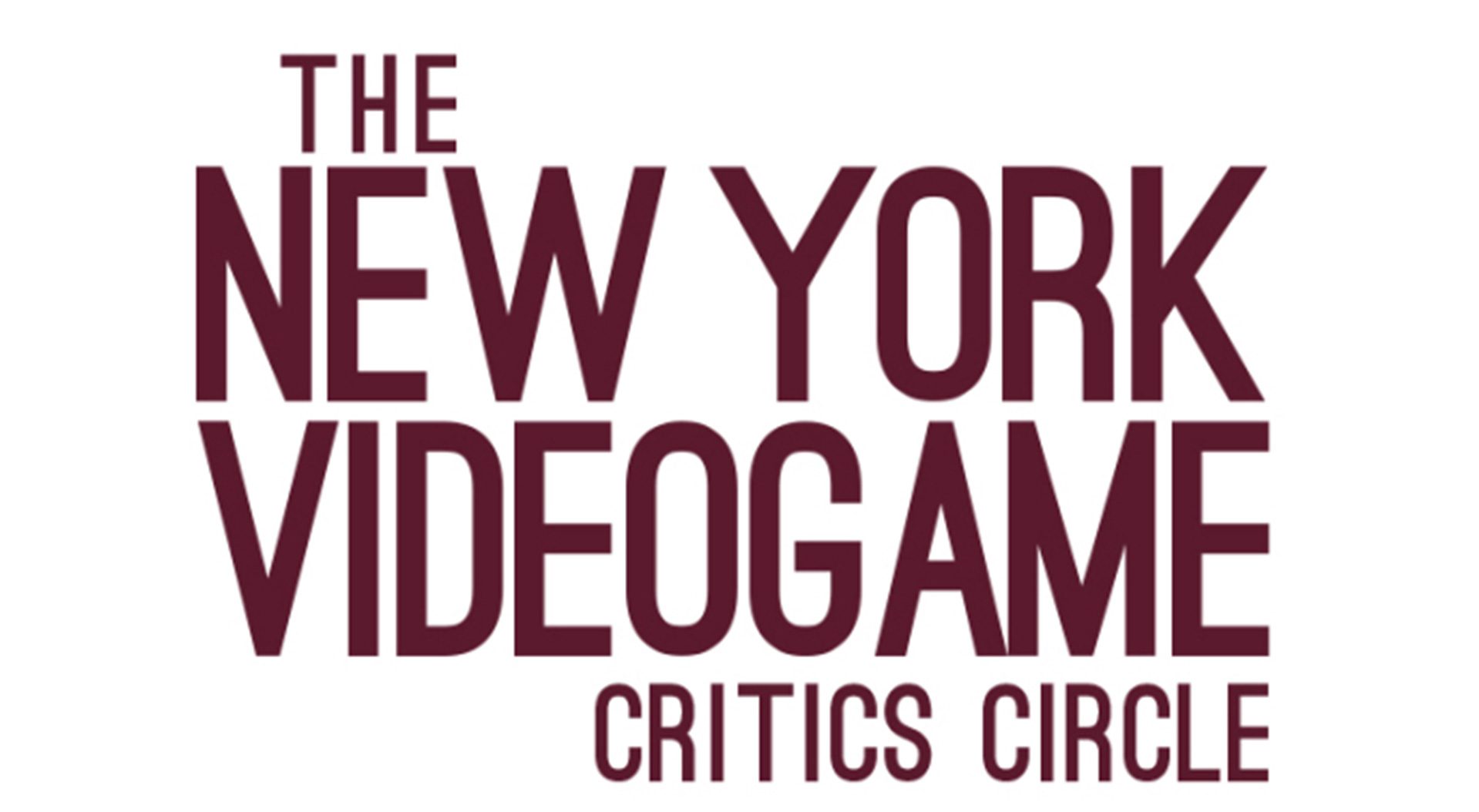
I can’t believe it’s been a decade. Ten years ago, before we became a nonprofit organization helping the underserved, I founded the New York Videogame Critics Circle, a decidedly multicultural group of critics and writers from the tri-state area. We came together because we felt we also wanted to support this lively and energetic community. So we organized to advocate for ourselves.
During year one, we produced the inaugural New York Game Awards, which was brilliant in its indieness. That year, we had about 300 views online and one short review of the festivities in the New York Times. But we kept growing year by year. Now, we have about 400,000 viewers on Twitch alone. Stars and luminaries perform, The Daily Show with Trevor Noah hosts and does comedy, and Late Night with Stephen Colbert’s musicians play. Geoff Keighley flies in each year to interview our young interns for the PreShow.
I mentioned the New York Game Awards because the show is a Trojan horse for our nonprofit work with underserved students of color in the Bronx – in the most impoverished Congressional district in the United States. Our work and our students are the real stars of the show. When Geoff interviews them, when they present an Award after helping out during the day, they are so happy. We’ve honored numerous game makers with our Andrew Yoon Memorial Legend Award, the most recent of which was former Nintendo of America president and Bronx native, Reggie Fils-Aimé. Reggie also serves on our Board of Directors and helps to raise awareness of our group’s work.
The Circle has also served thousands of students with panels and game days at the American Museum of Natural History, the New York Public Library and the Museum of Modern Art – along with numerous street fairs. But our greatest joy comes from our greatest challenge – mentoring students of color in underserved areas. Yes, our group comprises the finest journalists anywhere – from tiny blogs like VideoDame to institutions like The Washington Post. But we had to learn everything all over again when we decided to become mentors and educators.
Most recently, the Circle began to mentor students experiencing homelessness at Bronx shelters. Imagine all the issues you’ve had with the pandemic. Then multiply them by the complex issues of homelessness along with physical abuse and psychological issues. Students find it hard to trust – and to focus. You would, too.
And yet, when students play games and write about them, something magical happens. I enter each class with buckets of empathy because understanding is key. As they begin to trust, they reveal their innermost selves in their reviews. Sometimes, it’s heartbreaking. We spent, for instance, portions of two classes focusing on “Florence,” a short, narrative game featuring two people of color who go through the ups and downs of a young relationship. After a sad breakup, the young woman recaptures her independence. One 12 year old girl wrote, “People fight and break up all the time. That’s the only thing that’s real here.” She herself had come from a broken home and could not for the life of her believe the game’s happy ending.
We tell students this each week: there aren’t enough people of color in the games and journalism worlds. We tell them if their writing gets better, if they focus and stay with us, we’ll help them with paid stories, paid internships, scholarships, and potential jobs in games after college. Our best intern is about to graduate from college. Ronald Gordon is brilliant and I will fight hard to get Ronald a great job.
Another star is Kimari Rennis who is now beginning an exciting adventure at New York University’s Game Center – with a full scholarship.
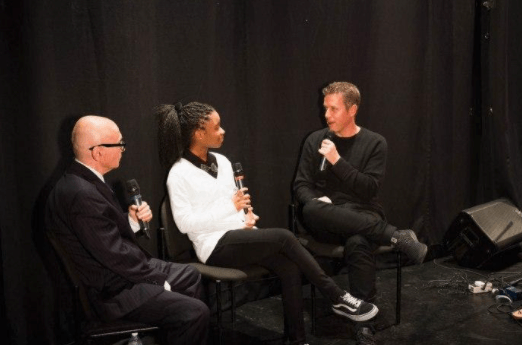
Where others see failure, we see opportunities. Isaac Espinosa won one of our scholarships and has since become one of our better writers. And because he had gone through all of our courses, he’s now one of our assistant mentors. Recently, he did brilliant work with me in a homeless shelter. In fact, he was quite brave. He donned his mask and gloves and mentored in person even in the time of COVID-19. Isaac wouldn’t call himself courageous. But I would.
Since Day One, SIE has been the most important booster of our nonprofit work. We couldn’t have done this difficult but rewarding work without their unwavering support. Whether it’s letting our high school interns interview top game devs for stories or podcasts, sending PlayStations and PSVRs to help create a high school game room or simply lending an ear regarding the challenges in working within our educational system, Sony has been there for us. As the Circle grows to help more underserved communities, we look forward to continuing this valuable partnership in the future.
To learn more about The New York Videogame Critics Circle, please visit their website, NYGameCritics.com.
Journalist/author Harold Goldberg is the president of the New York Videogame Critics Circle and executive producer of the New York Game Awards.
